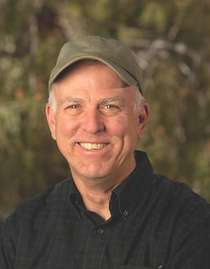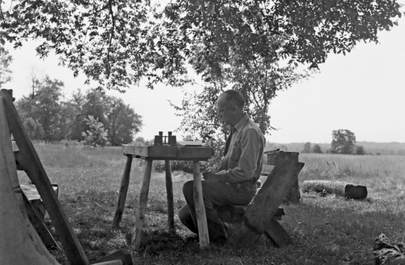Call For Submissions, 1000 Words or Less
Because I care so much about nature and storytelling both, I would urge upon environmental historians the task of telling not just stories about nature, but stories about stories about nature.” |
We are particularly interested in submissions from graduate students or early-career scholars. These short pieces can be excerpted from larger projects and do not need to be complete in themselves: we are ideally looking for a brief profile of up to 1,000 words on a person, place, event, idea, institution, or some other entity.
About the Session:

This session will feature former ASEH President Dr. Steven Pyne, who has taught graduate courses in nonfiction writing and conducted other writing workshops. Through discussion of writing-in-progress, Dr. Pyne will explore and develop the literary dimensions of historical writing. Attendees will be given the chance to participate, asking questions and weighing in on how historical writing can become not just functional text, but readable narrative.
The ASEH Graduate Student Caucus is pleased to present a professional development workshop appropriate for both the undergraduate student and the senior professional historian. Three or four short papers will serve as the focal point of discussion; attendees are encouraged to read the papers beforehand. There will be copies at the door, but papers will also be distributed to any interested parties before the meeting; prospective attendees should email [email protected] .
Join us on Saturday at 1:30 PM, Room MR-1!
(Image links to complete conference program PDF)


 RSS Feed
RSS Feed